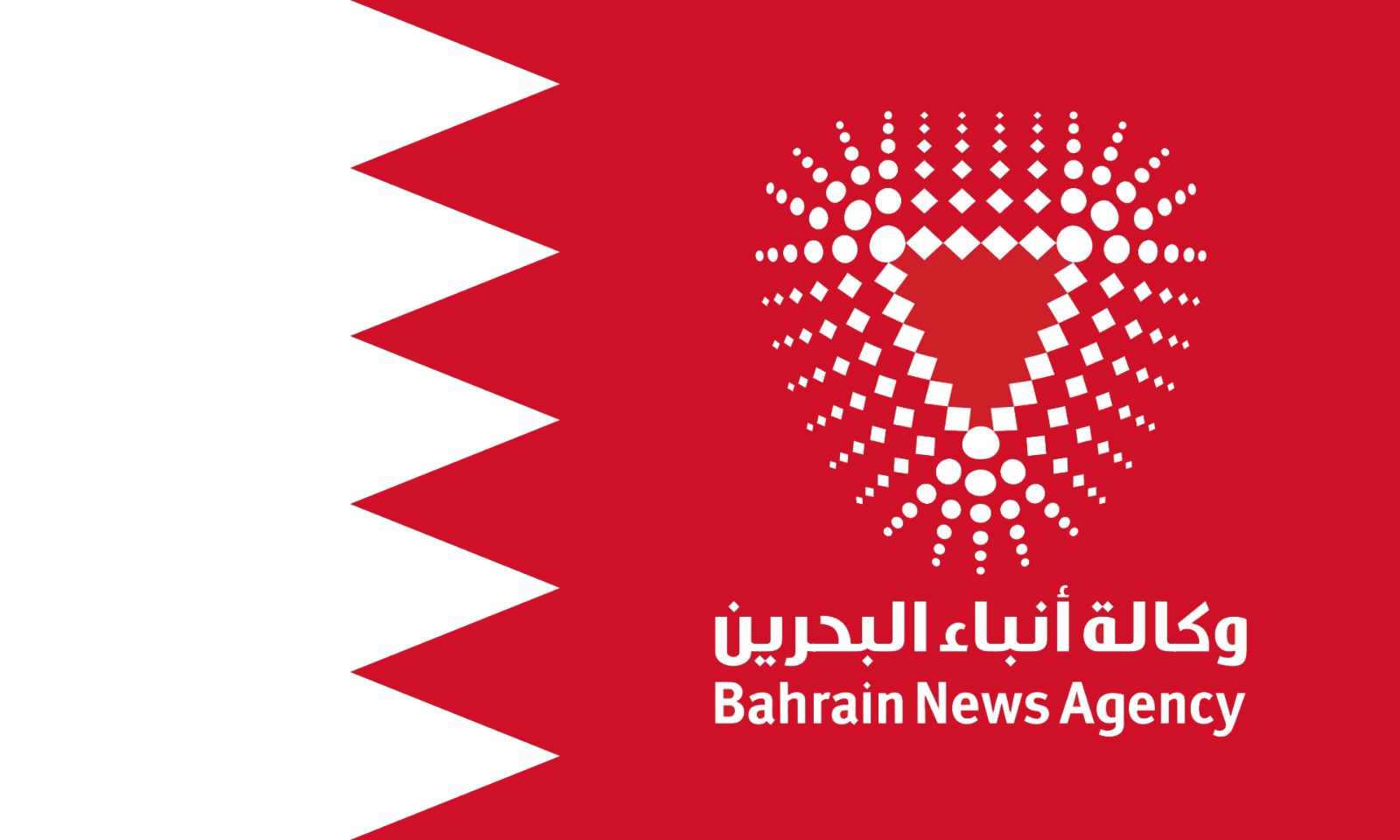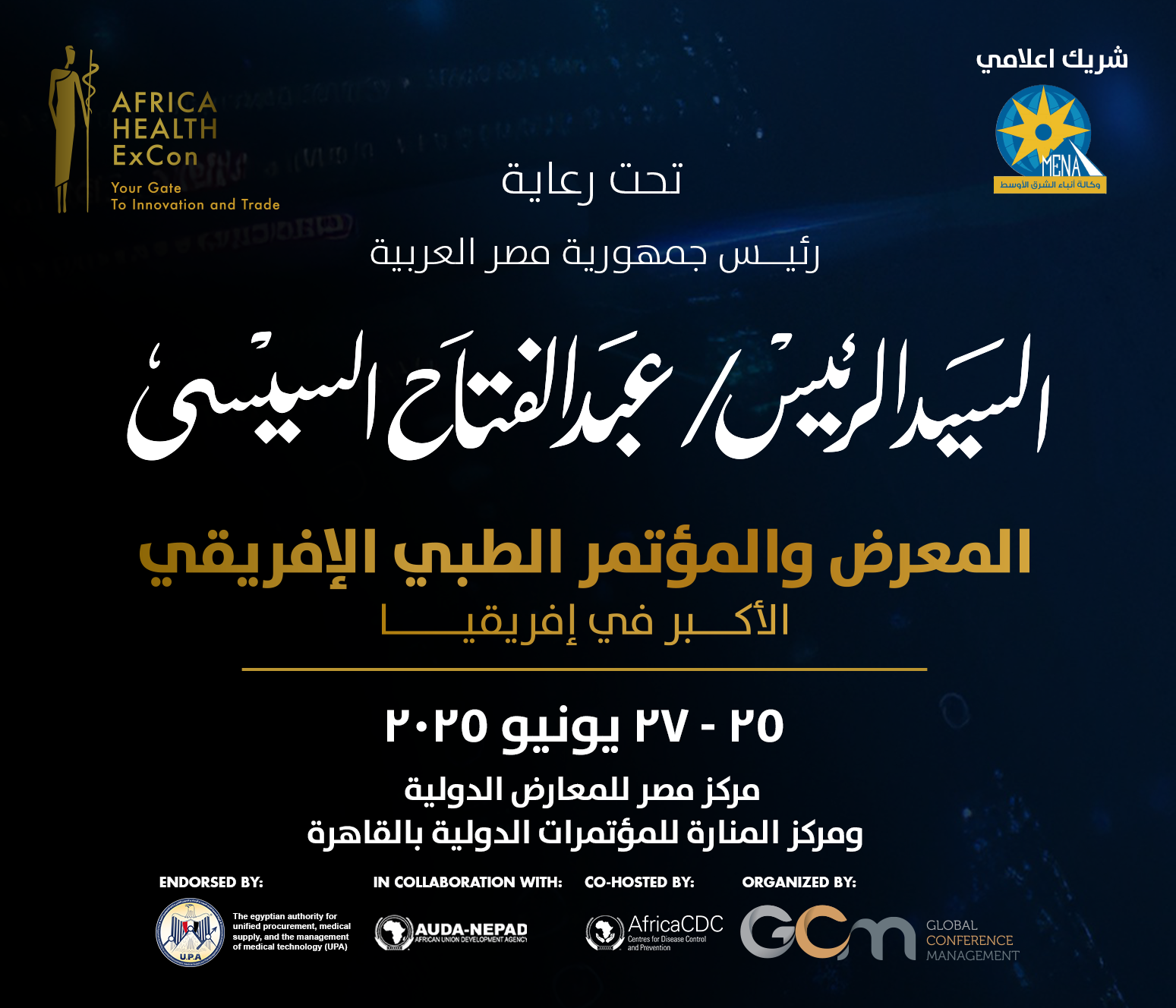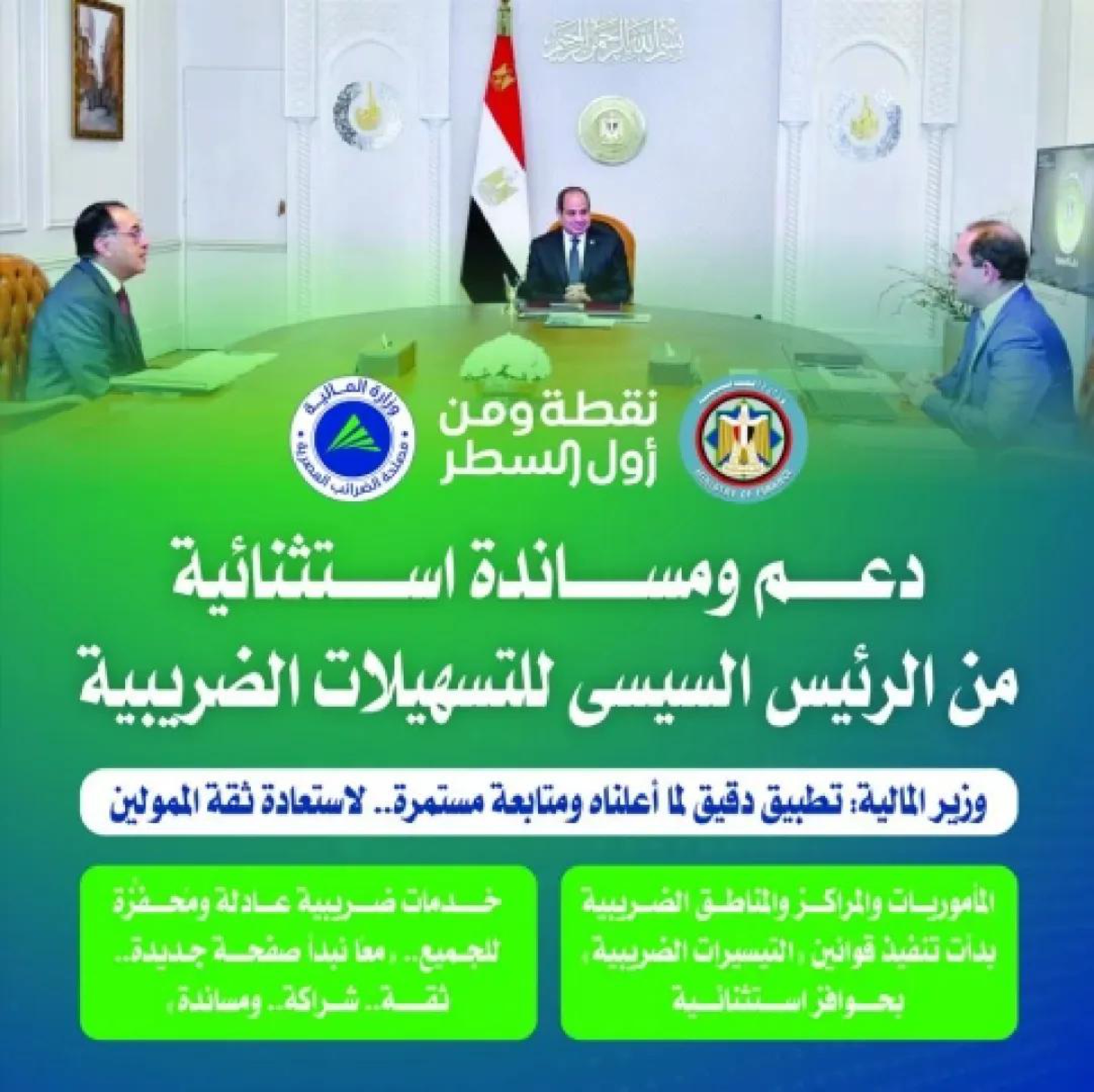Abdelatty said that they discussed the developments in the Middle East region, particularly in Syria, adding they shared identical views on the great importance of accelerating an inclusive political process in Syria.
The transitional process should preserve the rights of all minorities in Syria, and gives room for the various political forces to have a role in managing this process, Abdelatty said.
He also condemned in the strongest terms Israel's aggression on Syria and the destruction of various infrastructure and military sites in blatant violation of international law.
He also decried the Israeli incursion and occupation of a very large part of the buffer zone in the occupied Golan Heights in clear violation of the agreement on disengagement between Israel and Syria, which was signed on May 31, 1974.
Abdelatty stressed the importance of preserving Syria's sovereignty and territorial integrity, expressing his categorical rejection of any external interference or allowing any regional or international party to interfere in its internal affairs.
He further noted that they discussed the developments in Lebanon and agreed on the importance of full respect for the ceasefire agreement.
They also underlined the utmost importance of addressing issues that threaten the security and stability of the world, achieving economic recovery and food security, addressing climate change, and ensuring the continuation of global supply chains.
Abdelatty added that they discussed a host of issues related to regional cooperation within the framework of the Forum on China–Africa Cooperation (FOCAC), the China-Arab States Cooperation Forum, the Shanghai Cooperation Organization (SCO), the G20, and the BRICS forum.
Egypt's joining of this group is a key step in the process of keeping engagement in global regional institutions, increasing the representation of the Global South in the international system, along with promoting partnerships with all developing countries, Abdelatty said. (MORE)
R R N/M O H
FM commends China's support for Egypt's Vision 2030 - 3 Beijing
الصين/Egypt/FM/Politics and Diplomacy
You have unlimited quota for this service





 ar
ar en
en fr
fr







